
Why Partner With MyPrimeHR
The HR consulting landscape is evolving. Clients no longer seek advice alone—they expect structured implementation, measurable outcomes, and digital efficiency. MyPrimeHR equips HR consultants with a fully integrated, enterprise-grade HR infrastructure that enables you to deliver complete HR services—from payroll administration and compliance reporting to competency management, performance appraisal, training development, employee relations, and workforce analytics—within one secure platform. Instead of relying on spreadsheets or disconnected systems, you gain a scalable digital backbone that elevates both your service capability and professional impact.
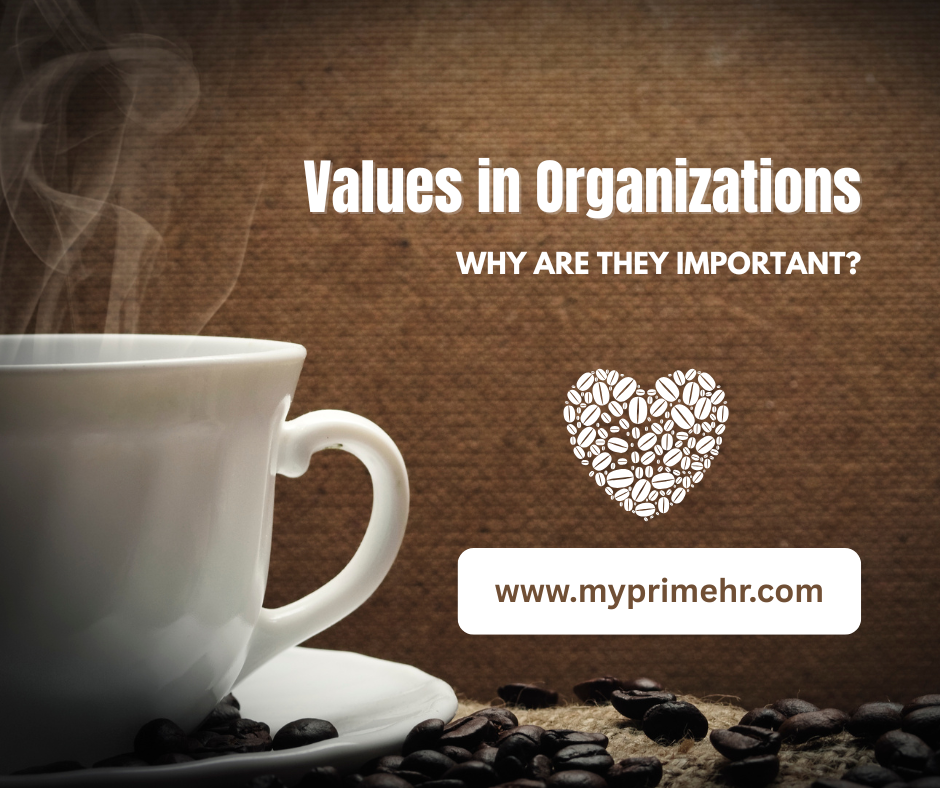
Values in Organizations: The Invisible Architecture of Enduring Success
In every enduring organization—whether a fast-growing technology company or a national government agency—there exists something more powerful than strategy, systems, or structure. That force is values. Values are the invisible architecture upon which culture, decisions, relationships, and long-term success are built. They are not slogans printed on walls or statements buried in employee manuals. They are the guiding principles that determine how an organization behaves when no one is watching and how it responds when circumstances become uncertain.

What Makes Organizations Succeed and Grow
At the highest level, organizations succeed because they create real value and do it consistently better than alternatives. Value can mean solving a painful problem, improving efficiency, lowering risk, or making life easier or better for customers. Growth follows when this value is clear, repeatable, and scalable. Companies fail not because they lack ambition, but because what they offer eventually stops mattering—or stops being distinct—in a changing environment.

Trust: Why it is Important in Organizations
Trust is the foundation of any functioning organization. Internally, it creates psychological safety, allowing people to speak up, share ideas, admit mistakes, and collaborate without fear. When employees trust leadership, they don’t just comply—they commit. Decision-making becomes faster because there’s less second-guessing and fewer defensive behaviors. Teams spend less energy protecting themselves and more energy creating value. Over time, trust turns strategy into execution because people believe that goals are fair, rules are consistent, and rewards are earned, not arbitrary.

Industry 5.0 and the Future of Work
The future of work is not about replacing humans—it is about restoring humanity at the center of work. This is the core promise of Industry 5.0. After decades of efficiency-driven automation under Industry 4.0, organizations are now confronting a deeper question: How do we build productive systems that are also resilient, ethical, and human-centric? Industry 5.0 answers by reframing technology as a collaborator, not a controller. AI, analytics, and automation no longer exist merely to cut costs or accelerate output, but to augment human judgment, protect well-being, and align work with purpose. In this new era, success is measured not only by speed and scale, but by trust, adaptability, and long-term workforce readiness.
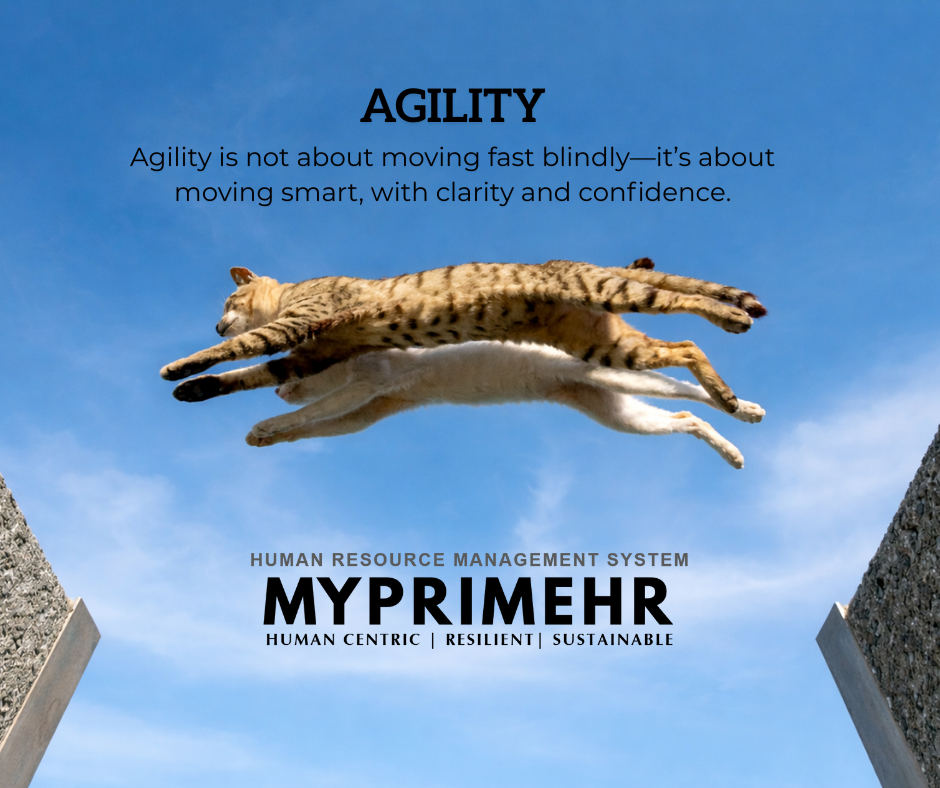
Agility in the Workplace
Agility in a workplace setting is the organization’s—and employees’—capacity to sense change early, decide quickly, and act effectively without losing alignment to purpose, values, and results. An agile employee adapts to new technologies, shifting priorities, evolving customer needs, and unexpected disruptions with confidence and learning mindset. At the organizational level, agility shows up as shorter decision cycles, faster redeployment of talent, continuous skills development, and evidence-based management—not panic-driven reactions, but smart, data-informed pivots.
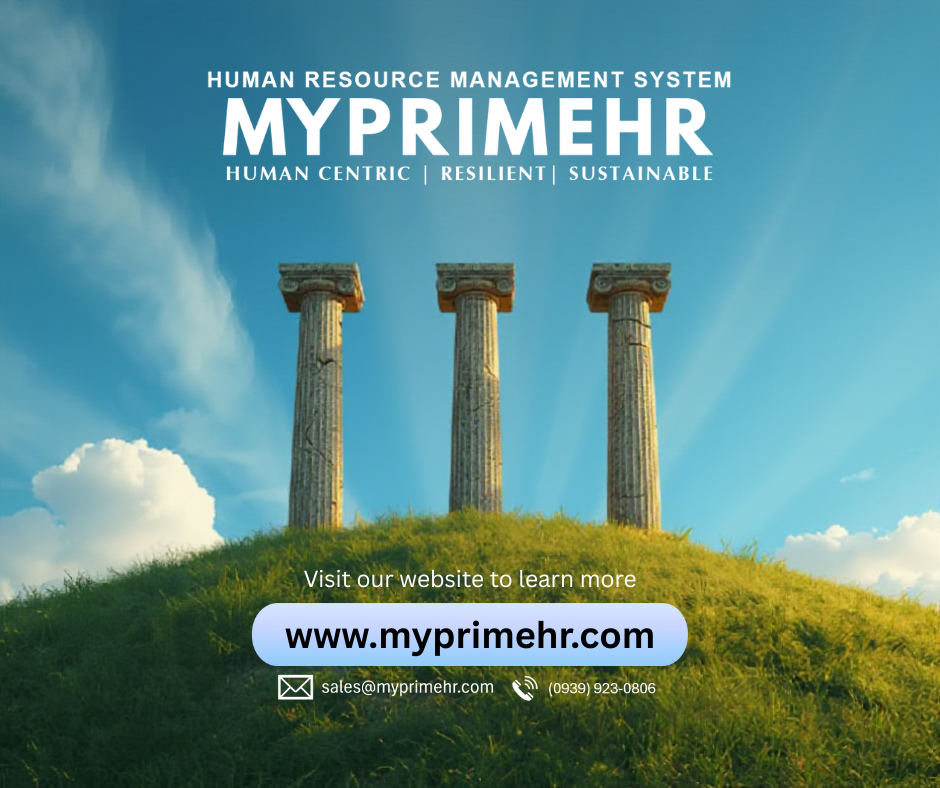
The Pillars of MyPrimeHR
MyPrimeHR is emerging as the backbone or pillars of future organizations. It redefines how institutions understand, govern, and develop their most critical asset—people. Unlike traditional systems that merely record transactions, MyPrimeHR establishes a Single Source of Truth for workforce, competency, performance, and development data. This integrated foundation enables leaders to see the organization as a living system—where roles, skills, aspirations, and outcomes are connected—allowing decisions to be informed by evidence rather than intuition alone. In an era of constant disruption, such coherence is no longer optional; it is essential infrastructure.
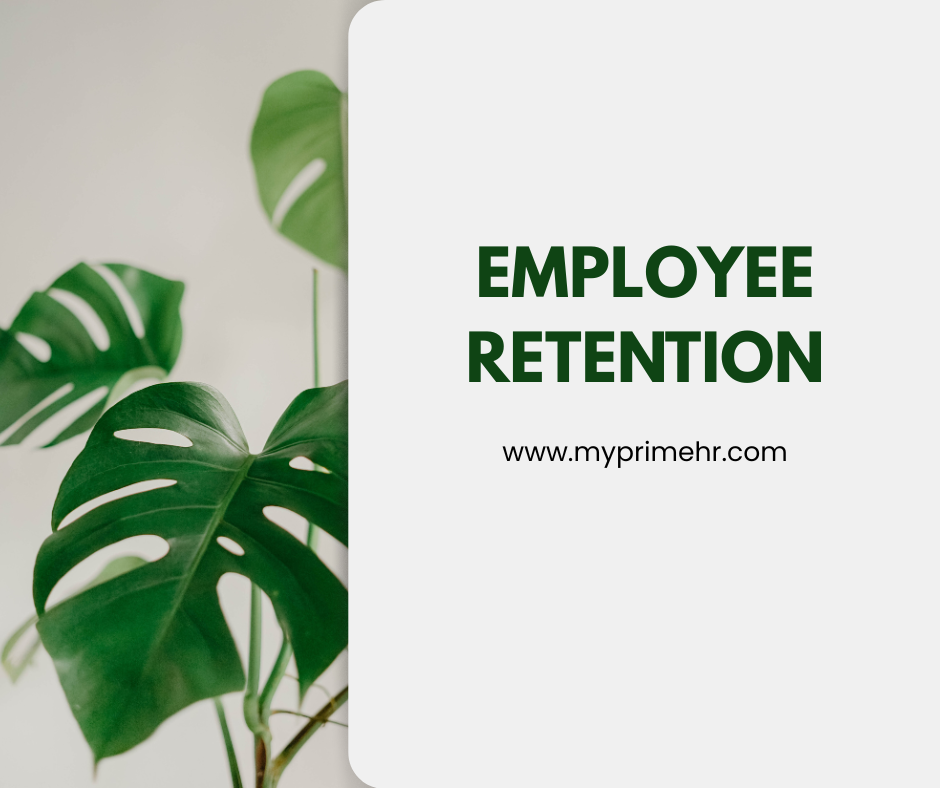
Is Employee Retention still a Critical HR Metric?
Retention is no longer the most important HR metric because todays organizational challenges are driven less by keeping people in place and more by ensuring the workforce has the right capabilities to perform in rapidly changing roles. In an environment shaped by digital transformation, automation, and shorter skill life cycles, high retention can actually mask deeper problems such as skill obsolescence, low productivity, or disengagement. Simply retaining employees does not guarantee that they are prepared to meet future demands, deliver strategic outcomes, or adapt to new technologies and ways of working. As a result, organizations are shifting their focus from - how long employees stay- to how ready and effective they are while they stay.

Four Generations - What They Bring to the Workplace
In today’s workforce, Baby Boomers provide stability, institutional memory, and values-driven leadership; Generation X serves as the pragmatic bridge, translating experience into execution while balancing autonomy and results; Millennials inject purpose, collaboration, and digital-driven innovation; and Generation Z accelerates adaptability, technological fluency, and new ways of working.
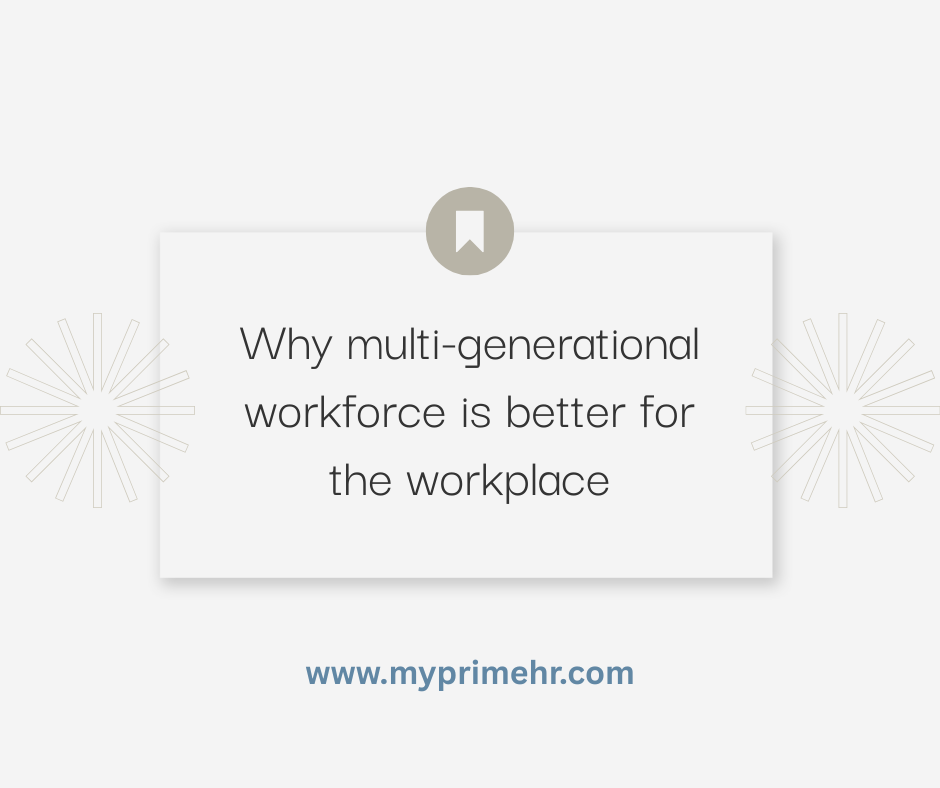
Why Multi-Generational Workforce Is Good for the Workplace
A multigenerational workforce delivers broader, more sustainable value than an organization heavily tilted toward Millennials and Gen Z because it combines experience, execution discipline, innovation, and continuity—rather than concentrating strengths in only speed and digital fluency.
